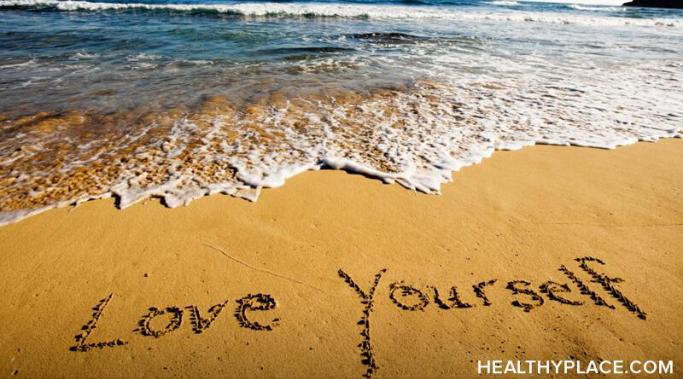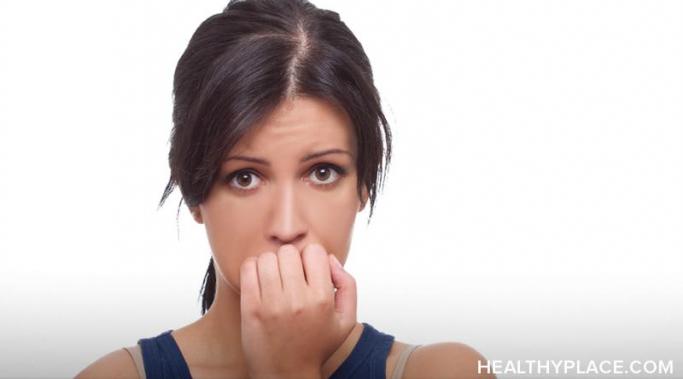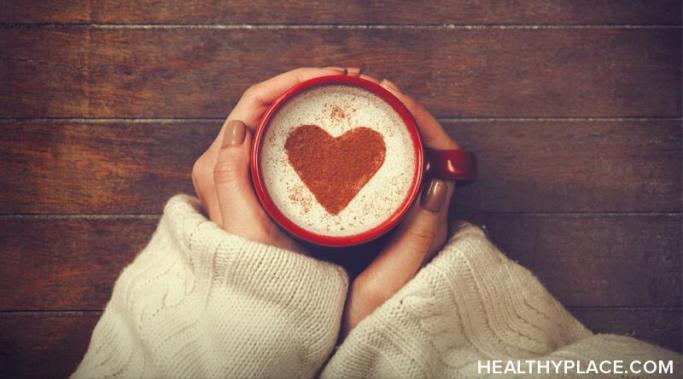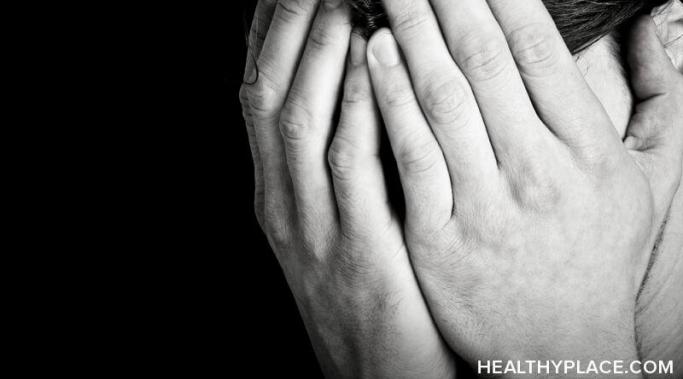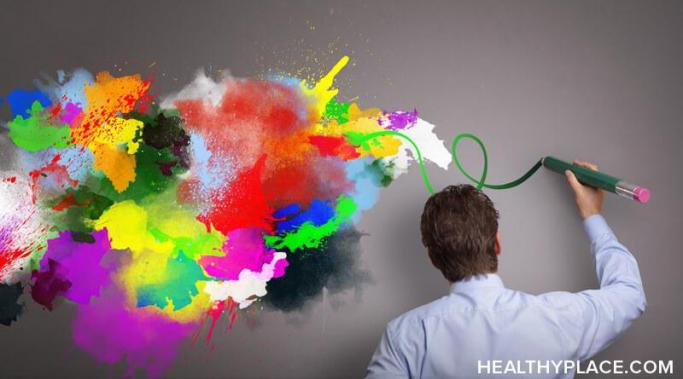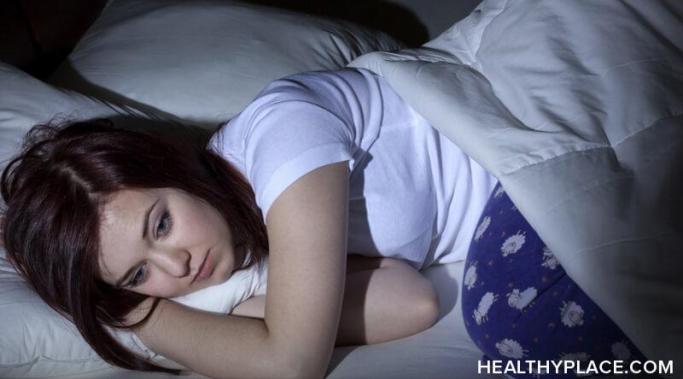Many of us face the loss of identity in depression. It feels as if there is a stranger living inside of us. We don't recognize the person we see in the mirror. It's as if depression has stripped us as bare as a tree in the midst of a long, cold winter. It's difficult, but I deal with a loss of identity in depression and so can you.
Depression Coping Skills
Exercise helps depression. Unfortunately, when we are dealing with depression, exercise can feel like the last thing we want to do. While we understand there are benefits of exercise such as it helps to reduce the risk for lifestyle-related diseases, counteracts the daily effects of stress, and shapes our bodies by building muscle, we often forget that it also helps alleviate depression. Needing to get motivated to exercise again, I’ve spent time thinking about how exercise helps with depression.
Comparing ourselves to others worsens depression. When I do it, it adds fuel to my negative thoughts and the descent starts there. I have discovered some ways to keep the comparison beast from taking over my mind and my life and therefore worsening my depression.
Feeling self-conscious when I am depressed is common for me. I worry about every single thing I do and say. I have found hope in the fact that there are ways to lessen this self-conscious feeling when I’m depressed.
We should celebrate achievements when we're depressed because it's a wonderful way to bring positivity into our lives. When we are depressed, just getting through a day without falling part can be difficult. Many times, getting out of bed and showering requires great effort. Then, add in all of the other items on our to-do lists, and achieving anything feels nearly impossible. At times like these, it’s important to be gentle with ourselves and celebrate our achievements. I've thought about why this is important and how we can celebrate achievements when we're depressed.
Depression makes it difficult to practice self-love, particularly on the darkest of days. When a seemingly simple activity such as getting out of bed is overwhelming, it is hard to think about practicing self-love; however, by doing small things to show ourselves love, nourishing our minds and bodies can be done.
Feelings of guilt and shame can be intense when we are depressed. Our perception of the past becomes skewed and these guilty and shameful feelings can become such a burden that we feel overwhelmed, unable to see realistically. I’ve spent some time contemplating why we, who battle depression, often feel overwhelmed with feelings of guilt and shame and what we can do about it.
How does social media make you depressed when spending time on social media can be a fun way to pass time? Social media can be an efficient way to stay in contact with friends and see what’s going on in their lives. It can be enjoyable to share what’s going on in our own lives. But when we’re depressed, it can be easier to just stay in and spend time on our social media sites rather than rather than spend time offline, e.g. going jogging outside or meeting up with friends in person. Yet when we’re already feeling depressed, social media can cause us to feel even more depressed. I’ve discovered a few reasons for why social media makes you depressed and what you can do about it.
January depression can be difficult (as depression can be during other winter months), but creativity can help you fight depression and hopefully find some ways to enjoy winter with depression. After the holidays, it can be hard for some of us to get back into the mundane day-to-day routine, and depression may only exacerbate that feeling. Finding creative ways to counteract January depression is essential if we're going to find pleasure in our daily lives, especially during the bleakness of winter.
Weekend depression turns out to be real. I noticed a few years back that while the rest of the world seems to live for the weekends, when I was depressed, the weekends would often make me feel even more depressed. I’ve discovered some reasons for weekend depression and what we can do to feel better.


